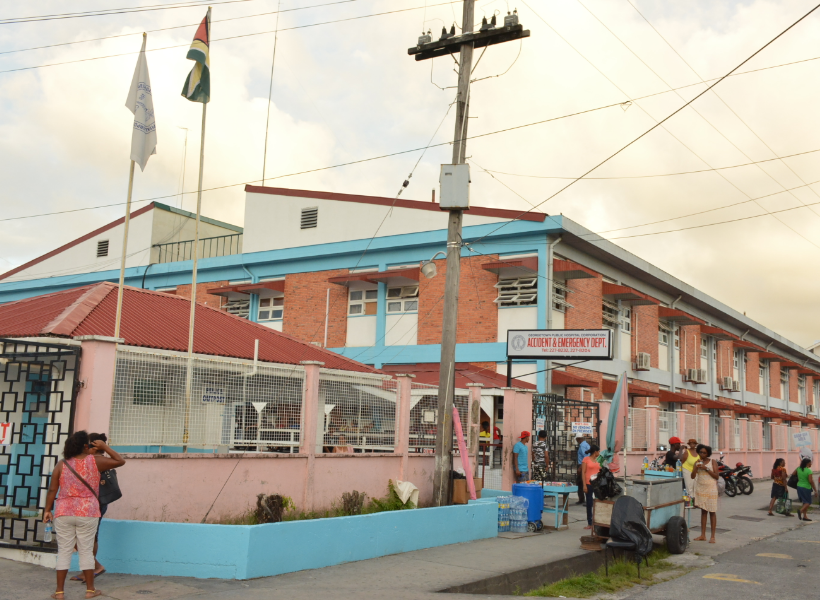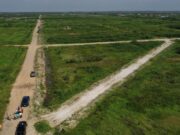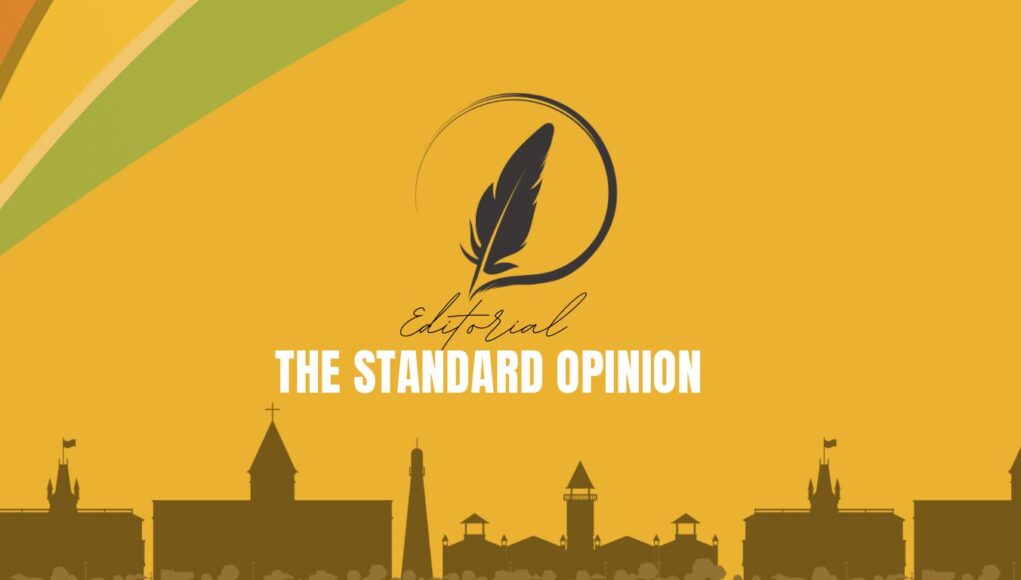In early 19th-century Britain, the Industrial Revolution was at its peak. Steam engines powered an economic boom the likes of which the world had never seen. Factories rose overnight and pierced the skies, massive bridges were constructed, and railways cut across the landscape. This transformation is still marvelled at today as a testimony to the human ingenuity that existed more than 200 years ago.
Unfortunately, alongside the splendour of these material achievements, cities swelled with slums, sanitation systems lagged, and social unrest bubbled. The progress of machines far outpaced the progress of people’s behaviour, civic responsibility, and collective discipline.
The renowned Victorian Era novelist, Charles Dickens, captured this duality vividly in his seminal work, “Hard Times”, published in 1854. The novel, among other things, is a critique of how the real-world society treated economic and mental growth as two separate, unrelated pursuits. In this exemplary piece of literature, Dickens presents a fictional township called Coketown, a heavily industrialised settlement that is fuelled by material progress and steered by utilitarian logic. Against the backdrop of rapid industrial change, Dickens portrays a population whose outlook fails to match the pace of material progress.
This unfortunate state of reality is partially reflected in modern Guyana. Our nation is experiencing an unprecedented economic boom. Oil revenues surge, highways expand, ports modernize, and massive buildings reshape city skylines. Guyana has been dubbed the “Fastest Growing Economy in the World”, yet alongside these concrete and steel achievements, critical questions arise: Is the mindset of our people evolving in tandem with such a title? Are we cultivating a society capable of sustaining, cherishing, and responsibly managing this growth? Are we at risk of developing a society rich in material structures but underdeveloped in thought, civic behaviour, and social responsibility?
The Vice-President, Dr Bharrat Jagdeo, at one of his press conferences, briefly commented on the need for Guyana to shape a strong value system; one that seeks to promote love and compassion for each other, but equally important, to foster respect for our environment.
He recounted witnessing, first-hand, someone discarding a box of food out the window of a moving car. The Vice-President also lamented the state of the country’s values system, recalling an incident in which a young man, while laughing manically, mercilessly beat a homeless man on the street. The Vice-President’s observations are not extra-terrestrial in nature to us as citizens. In fact, it is but the tip of the iceberg. But certainly, the visual magnificence of infrastructure cannot hide the apparent decay beneath. Similarly, lipstick on a pig does not make it a fashionista. More needs to be done to elevate the minds of our people.
The surge in infrastructural development is welcomed. For too long, our people have struggled for better facilities. The residents in Region Three have been clamouring for an alternative to the aged Demerara Harbour Bridge, which is no longer capable of handling the increased volume of traffic. A spanking new bridge with twice the capacity of its predecessor is scheduled to be commissioned today (October 5). This is progress.
Sadly, all of this would be for nought if the users treat it as a mere convenience rather than a shared responsibility. Infrastructure can only take us so far; it is the mindset of the people that determines whether progress truly lasts. A new bridge may shorten travel time, but reckless driving, littering, or disregard for maintenance will quickly erode its value and jeopardise the safety of so many. Just as Dickens warned through Coketown, material advancement without social maturity creates an imbalance, one where development shines on the surface but deterioration festers beneath.
If we are to match our nation’s physical progress with genuine growth, we must also cultivate discipline, respect, and civic pride. Without this mental growth, waste fills public spaces, rivers are polluted, property is misused, and the very fabric of society begins to fade.
Dickens highlights the unkempt appearance of Coketown amid the industrial boom, noting how “it had a black canal in it, and a river that ran purple with ill-smelling dye”. (Book I, Chapter V)
The Solid Waste Management Director at Georgetown, Walter Narine, recently shared damning images of a section of the capital city heavily littered after shopping activities. He also shared graphics of a littered yard at Chalmers Place and Croal Street that had become a dumping ground.
It is noteworthy to mention that the ablution facilities at the Kingston Seawall are never clean, not because there are no cleaners, but because users and fail to exhibit even the most basic civic responsibility. Putting it mildly, excrement exists in places it should not. The internal door locks are broken, and unravelled toilet paper is left on the ground by users. The toilets are never flushed, despite the presence of water. The sinks are often filled with tissues and silicone materials.
Further, the traffic cones placed to maintain order on roads during rush hour are deliberately struck down and run over by drivers who indiscriminate and dangerously seek to cut ahead. The operation of heavy-duty machinery on newly-built community roads that are not designed for such large tonnage is a significant issue, as is driving on sidewalks and walkways. The pillaging of stone and other materials to be used on remedial road works is another troubling state of affairs. The bus shelter at Industry Crown Dam, which was built to cater to commuters, is now occupied by trash, while children stand in the scorching sun. Surely, these occurrences do not match the title of “Fastest Growing Economy in the World”.
The sad state of affairs is not caused by poverty of resources, but by poverty of mindset. These small acts of disregard, littering vandalism, and disorder accumulate into a culture that undermines every stride of progress. A bridge, a road, or a park cannot teach us discipline; that responsibility lies with us.
The truth is, infrastructure alone does not define a nation’s greatness. It is the people’s character, their respect for shared spaces, and their commitment to collective well-being that truly elevate a country. We cannot keep clamouring for modern conveniences while clinging to backward behaviours. If we do, we will simply import our bad habits into new structures, and nothing will change. Just as imperative as it is for our leaders to lead the way in taking care of our environment, so is it that those very leaders show respect and regard for their people. Our mindset must elevate on all fronts.









